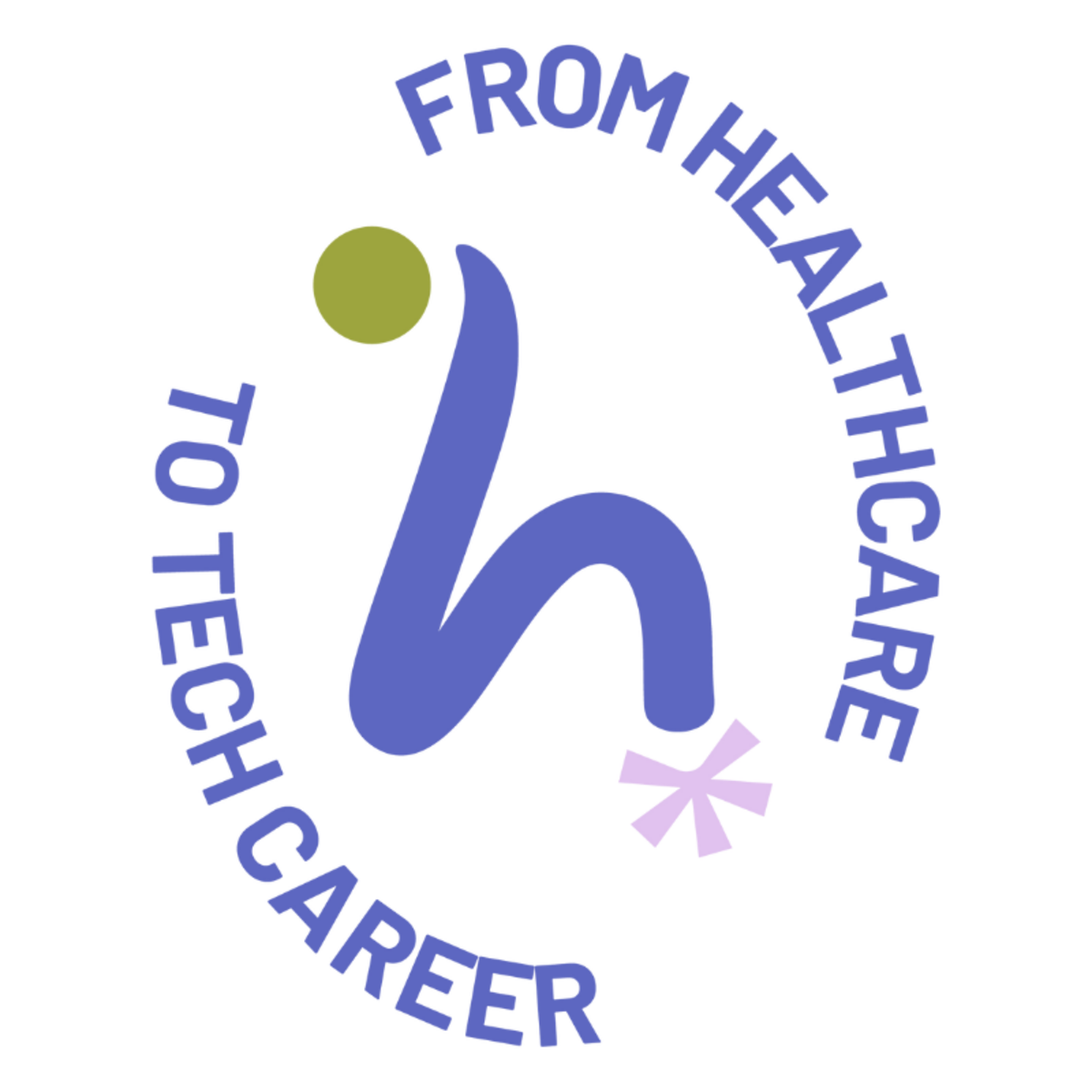Hey Health Techies!
Lately, I’ve been seeing a certain title pop up more frequently — Clinical Product Manager.
If you’re wondering what that actually means (and why every digital health company suddenly seems to want one), then you’ll want to keep reading. This role sits at the intersection of care and code — where clinical insight meets product innovation. And I absolutely love that it’s finally getting its moment in the sun because this role has been beyond needed for far too long.
⚙️ From “features” to “outcomes”
Traditional product managers focus on engagement, customer experience, and revenue.
Clinical product managers add another more elusive metric: health outcomes and safety. They’re the translators — the people who understand what’s technically possible and what’s clinically meaningful. They ask:
Is this usable in a 12-hour clinical workflow?
Does it improve outcomes—or just add another login?
Can we innovate without compromising patient safety?
In short: they make sure digital health products aren’t just built well, but built with great patient care in mind.
🧠 The rise of the “clinical builder”
This hybrid role didn’t even exist a decade ago. It’s a product of digital health growing up.
2010–2015: Innovation without much clinical insight.
2016–2019: “We need clinicians in the room.” (okay guilty 🙋🏽♀️, I’m still saying this)
2020–2022: COVID made digital care unavoidable.
2023–present: The Clinical Builder Era — where clinicians lead strategy, not just validation.
Companies like Apple and Humana are now hiring Clinical Product Managers to guide roadmap, ensure safety, and measure outcomes — knowing that clinical expertise and product thinking together are an unbeatable combination.
🩺 What skills are in demand
Across these types of roles, five core themes keep showing up:
Clinical translation – Turning frontline realities into product decisions.
End-to-end product ownership – From discovery → launch → iteration.
Cross-functional collaboration – Aligning engineers, execs, and clinicians.
Strategic systems thinking – Redesigning workflows and rethinking annoying bottlenecks.
Data & regulatory literacy – Measuring outcomes while staying compliant.
And some emerging differentiators?
AI and ML literacy, interoperability (FHIR/HL7), and strong executive communication.
🚀 Why it matters
As healthcare adopts technology faster than it ever has before, traditional roles and ways of working aren’t going to be enough.
Products can no longer win on design alone — they have to prove they improve health outcomes. That’s where clinical builders come in. They understand that success in health tech isn’t just about pushing code or launching features, it’s about creating solutions that fit into real clinical workflows, earn clinician trust, and make measurable impact in patients’ lives.
Clinical product builders ensure technology serves care — not the other way around.
And as digital health continues to mature, they’re the ones making sure progress doesn’t outpace purpose.
Let me know what questions you have about this growing role, and I’ll answer them in an upcoming newsletter or a series on LinkedIn.
📰 Weekly Wrap-up
Government shutdown’s impact on Medicare patients
Qualtrics to buy Press Ganey for almost $7 billion
📌 Job Board
Don’t miss these open roles 👀
Product Manager Clinical Experience - Vori Health
Clinical Product Manager - Oula Health
and more!
Until next time,
Lauren
P.S. Doors will be opening again soon for the Hey Health Tech Community, a space for clinicians to learn about innovations in patient care and network with peers. If you want to be the first to know when enrollment begins, join the waitlist. You’ll be hearing from me very soon!

